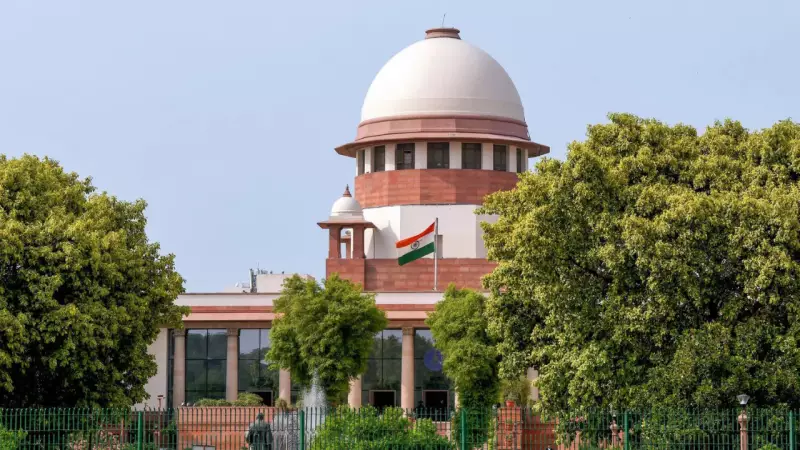
The Supreme Court of India has taken a firm stance against state governments showing apparent disregard for judicial directives in the ongoing stray dogs management case. The apex court expressed severe dissatisfaction with multiple states for their failure to submit mandatory compliance affidavits, leading to unprecedented action against top administrative officials.
Judicial Displeasure Made Clear
During the recent hearing, the Supreme Court bench didn't mince words when addressing the lack of response from various state administrations. The court emphasized that its orders cannot be treated as mere suggestions and demanded immediate accountability from the responsible authorities.
Summons for Chief Secretaries
In a significant move that underscores the seriousness of the matter, the Supreme Court has issued summons to the chief secretaries of non-compliant states. These top-ranking bureaucrats have been directed to appear personally before the court and provide explanations for why their respective governments failed to file the required affidavits detailing compliance with previous court directives.
The Stray Dogs Conundrum
The case revolves around the complex issue of stray dog management across Indian cities and towns. The Supreme Court has been hearing petitions addressing the balancing act between animal welfare concerns and public safety issues. Previous hearings have focused on creating comprehensive frameworks for humane animal population control while ensuring citizen safety.
Administrative Accountability Under Scanner
This development highlights the growing judicial impatience with administrative delays in implementing court orders. The summoning of chief secretaries - the highest-ranking civil servants in state administrations - sends a strong message about the importance the judiciary places on timely compliance with its directives.
The court's action has significant implications for how state governments approach judicial orders and could set a precedent for ensuring stricter adherence to legal timelines and requirements in future cases.






